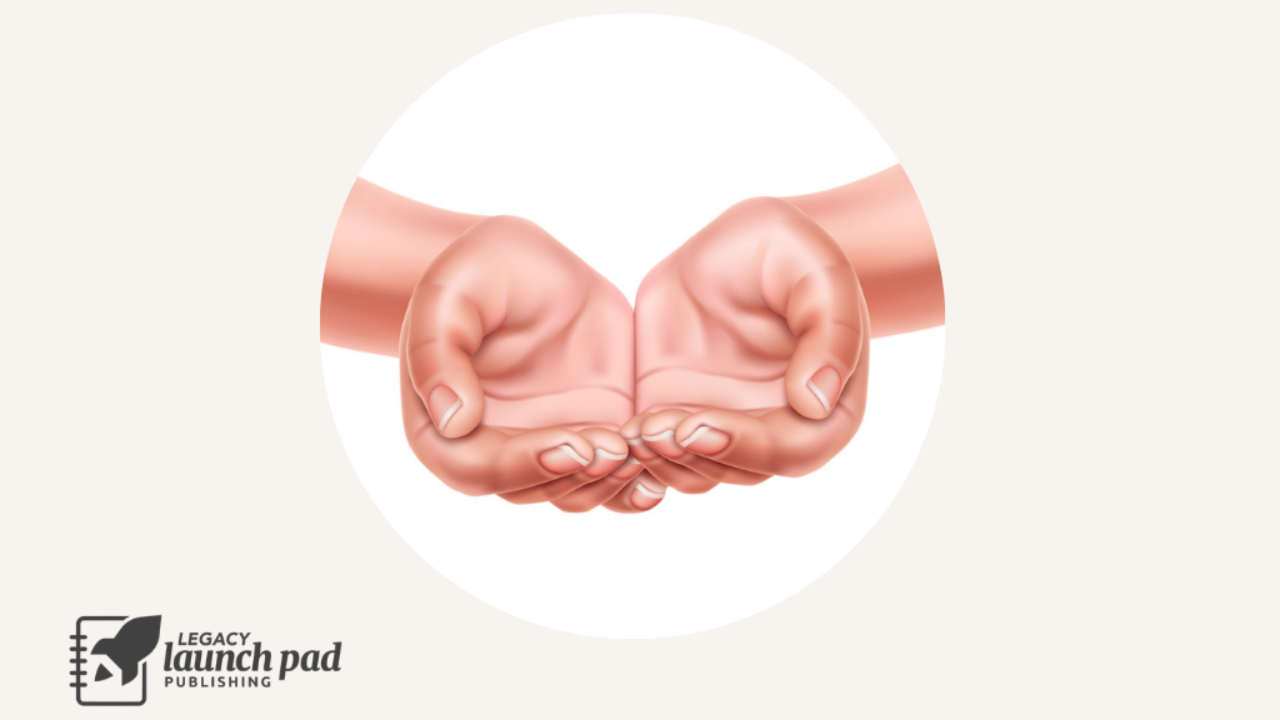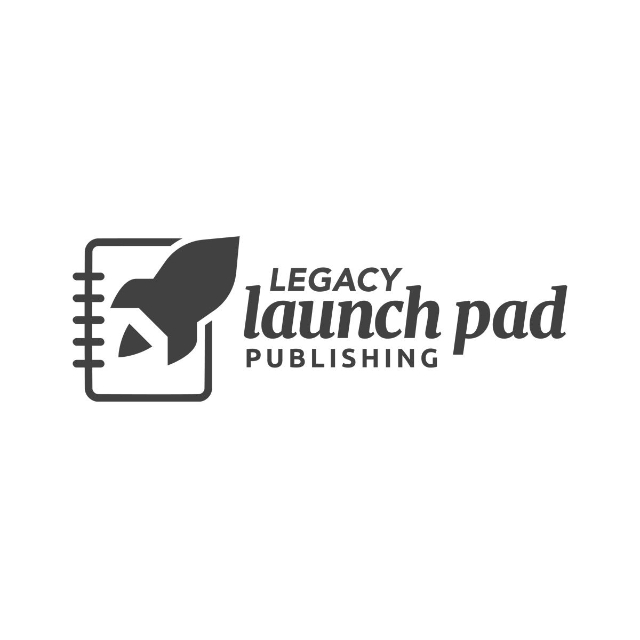
Stop Begging for Book Deals
There’s something no one told me for the longest time. Learning it is so life-transforming that once you do, you almost can’t believe you ever lived another way.
Ready for it?
Things don’t need to be that hard.
That sounds ridiculous, of course. Life is hard; didn’t we all learn that growing up and don’t we learn it again every day? Isn’t that the point of that expression about how you should be nice to everyone you encounter because they have endured so much?
Okay, sure. Life gets life-y for sure. But for so long, I thought it had to be, like, really hard. If it was easy, clearly you weren’t doing it right.
I remember, over a decade into my sobriety, a good two decades into therapy, trying to describe the feeling I had to my then-therapist. I felt…empty. It was terrifying. Was it existential angst? The realization that life was meaningless?
Her theory was that I’d been operating for decades with a “war-time mentality.” She said something like, “You were in fight or flight for so long that now that you’ve learned to slow down and breathe, you don’t know how to feel. It will feel empty at times.”
I don’t know if those were her exact words. She was perhaps the most articulate human I’ve ever been around so she probably said it better. Another thing she said to me, which I’m also surely misquoting, was about work. At the time, I was working at a website for a man so abusive that even though I was simultaneously writing a book for an actor who threw his phone at me and called me a “dumb c*nt” regularly, I was more terrified of the website man. And this seemed normal. Working in media from the late 90s to the late 2010’s meant experiencing so much consistent abuse that you just got used to it1. Anyway, this one day, I was telling my therapist something about how I didn’t cry the day before when the actor called me names.
“You sound proud,” she said.
She was right; I was proud. I probably couldn’t admit that to her at the time. I think I said something about how the men in my family were such a-holes that I knew how to take it.
“But you shouldn’t have to ‘take it,’” she said. “Work doesn’t have to that way.”
“Yes, it does,” I told her. “If you work, you get abused. That’s the deal.”
I remember her glancing around her Larchmont Village office, which was empty except for us. “No one abuses me here,” she said.
I was silent. I saw she was telling the truth but I also didn’t believe that her experience would be possible for me.
I still had several abusive bosses to get through before coming out on the other side. Today I work for myself but, more relevantly, I don’t allow people in my professional or personal life to abuse me. If they do, I exit the relationship. No one abuses me here, I could say to someone, perhaps opening their eyes to the concept the way she opened mine.
While I wasn’t abused those years that I spent toiling in traditional publishing, it certainly wasn’t the easier, softer way. I killed myself on book proposals and then books and barely survived financially. I accepted dwindling advances—the final one being so low that if you count the food I had to eat to stay alive while writing it, I paid the publisher. I let people who can’t do what I can do tell me whether or not I was good enough. I accepted rejections and bad news as if it was my cross to bear.
Of course I still experience bad news and rejection today. We all do. But I don’t place myself at the mercy of it. I don’t let people who can’t do what I can tell me if I’m good enough. If I can remember, I choose myself, over and over again, and look at rejection as “God’s protection.” Meaning: when I don’t get something I want, I embrace the fact that the universe has something even better in store for me. The world can’t beat me down without my permission.
There’s that expression about how pain is inevitable but suffering is optional and I see so many people choosing to suffer in their book publishing journeys. They become fixated on being published by the Big Five. They meticulously craft proposals that get rejected by every agent until one says they’ll take it on as long as the person massively rewrites it. They rewrite it only for it to then get rejected by publishers and then the once-enthusiastic agent stops returning their emails. They take each gatekeeper’s voice as The Voice That Tells Them Their Worth. Several years and umpteen rejections later, they realize the traditional publishing deal isn’t going to happen and their creative spirit is broken in half.
It kills me because I know they could have avoided all that and just put their work out there.
Arguably even worse suffering comes from those I know whose books are accepted by publishers. I know one person who was so obsessed with having a publisher acquire her book that when it finally happened, she got her Publishers Weekly announcement printed on a t-shirt. Such a cute idea but when I saw it, I was reminded of why people in 12-step always say don’t get a tattoo of your sobriety date because there’s just too much wrapped up in such a declaration. Whether it’s superstition or just evidence of how the things we cling to the hardest are the ones that usually slip through our hands, I don’t know. But I do know how devastated that girl with the Pub Weekly announcement shirt was, years later, when her book came out…and nothing really happened.
I see it happening in real time with someone else I know. She’s an uber successful entrepreneur I had talked to years ago about working with my company. Last year, she told me she’d gotten a traditional deal. When I saw her six months later, she told me the deal fell through. A few months ago, she reached out about working together again but then last week she left me a voice note, sounding giddy, saying that she got a book deal and this new publisher was really behind her.
Look, I hope I’m wrong because this is an awesome woman. But after seeing so many people I know do this dance, I know how it almost always turns out. I want these people to choose themselves rather than waiting for a publisher to choose them but I also get that we don’t get there until we get there.
Turns out, there really is an easier, softer way. For everything. For example: after living, on and off, in Hollywood for 30 years, I moved with my boyfriend and son to the Valley in April. And I was shocked to discover how easy day-to-day life could be.
When you spend decades fighting for a parking space only to discover it might have a broken meter but it’s so filthy you actually can’t see so you accept the inevitable ticket, when you’re used to drivers and pedestrians yelling at you simply because they can and feel like it, when you need to avoid the homeless guy on meth swinging the machete dangerously close to your baby carriage, when you know that if you tell someone that story and call him “homeless” instead of “unhoused,” you may get cancelled…well, you will find day-to-day life stressful.
It’s not that nothing is hard in the Valley. But almost nothing. It’s what inspired this love letter I wrote to Burbank for Los Angeles magazine, which only somewhat does justice to how shocking it is to realize how long I’d spent fighting unnecessary battles.
The crazy thing about finding an easier way, whether in book publishing or living, is that the answers were right in front of me the whole time. Like, eight miles away. Or at my keyboard. It only took a few decades and countless emotional beat downs for me to see it.


